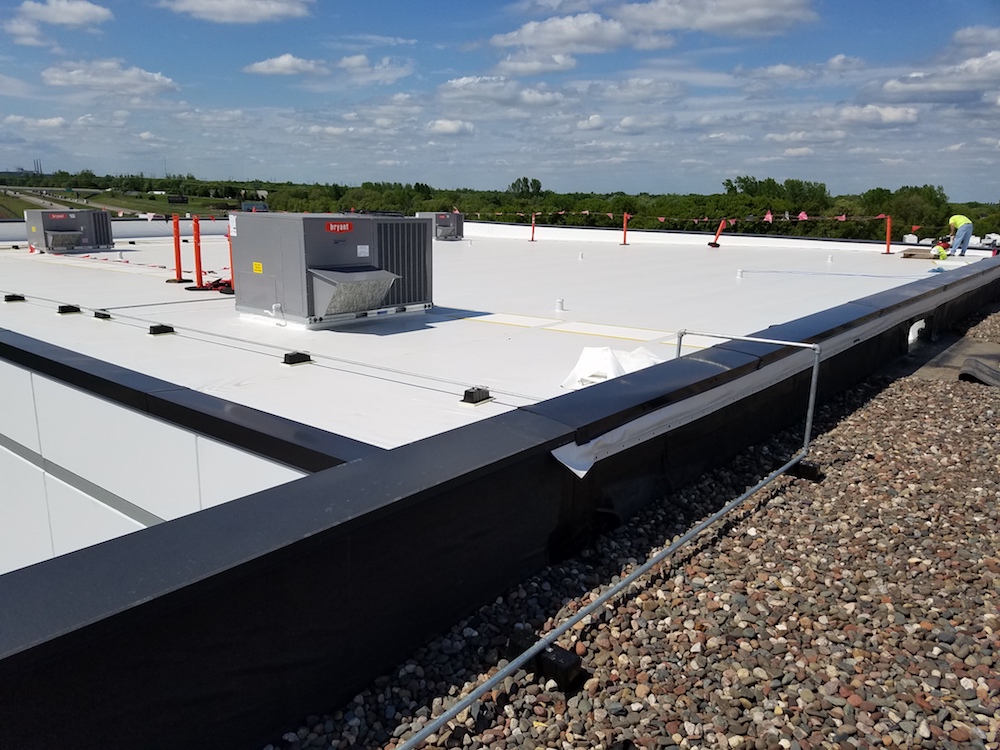
When it comes to commercial buildings, the type of roof you choose plays a critical role in energy efficiency, maintenance costs, and the longevity of your property. Understanding the different types of commercial roofs available can help you make a smart, long-term investment for your business.
In this guide, we’ll break down the most common commercial roofing systems, their benefits, and how to choose the best one for your needs.
Best for: Flat or low-slope roofs
Overview: Built-up roofing, also known as “tar and gravel” roofing, consists of multiple layers of bitumen and reinforcing fabrics. The top layer typically features a gravel or reflective coating.
Pros:
Cons:
Best for: Sloped or low-slope commercial buildings
Overview: Commercial metal roofs are typically made from galvanized steel, aluminum, copper, or zinc. They’re known for their strength and longevity.
Pros:
Cons:
Best for: Low-slope or flat roofs
Overview: Modified bitumen roofs are similar to BUR systems but use polymer-modified asphalt to improve flexibility and temperature resistance.
Pros:
Cons:
Best for: Flat roofs needing energy efficiency
Overview: TPO (Thermoplastic Olefin) is a single-ply membrane roofing system that’s heat-welded at the seams and highly reflective.
Pros:
Cons:
Best for: Restaurants, factories, and commercial roofs exposed to chemicals or grease
Overview: PVC (Polyvinyl Chloride) is another single-ply roofing material similar to TPO, but with enhanced chemical resistance.
Pros:
Cons:
Best for: Budget-conscious flat roof projects
Overview: EPDM (Ethylene Propylene Diene Monomer) is a synthetic rubber roofing membrane known for its durability and ease of installation.
Pros:
Cons:
The best roofing solution depends on several factors:
A professional commercial roofing contractor can help assess your needs and recommend the most cost-effective and durable solution.
Investing in the right commercial roof can enhance the efficiency, appearance, and safety of your business property. Whether you’re considering metal, TPO, or EPDM, understanding your options ensures a smart and secure investment.
Need expert guidance? Contact [Your Roofing Company] today for a free commercial roof inspection and estimate.